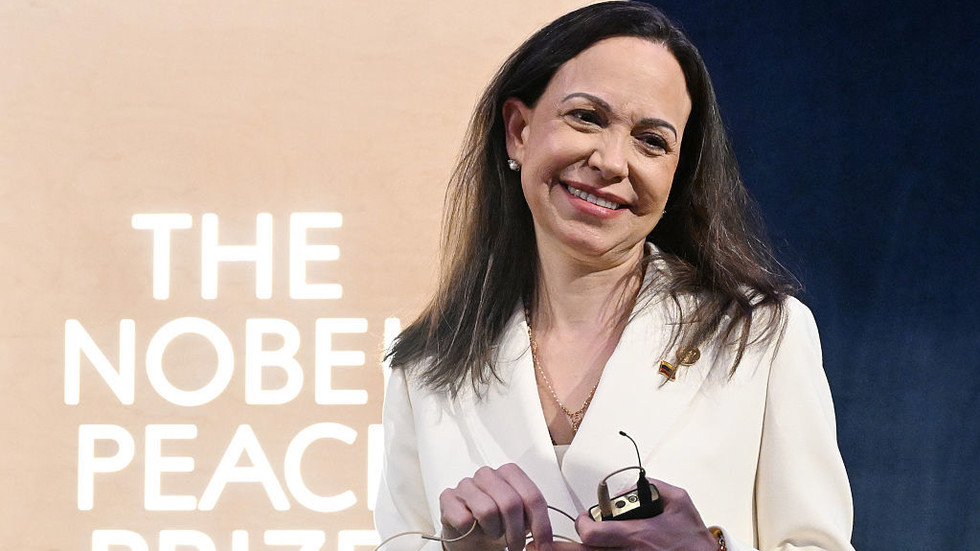The Central Bank of Nigeria has reduced its Monetary Policy Rate by 50 basis points to 27 percent. This move is expected to bring relief to businesses and individuals, as Nigerians continue to push for a reduction in the cost of living. The decision, announced by Olayemi Cardoso, marks the first rate cut since 2020, during the Covid-19 pandemic.
The Monetary Policy Committee based its decision on improved macroeconomic conditions in Nigeria, including a stable exchange rate and robust external reserves. The committee also adjusted the Cash Reserve Ratio for Deposit Money Banks and Merchant Banks, and introduced a 75 percent CRR on Non-TSA deposits. The asymmetric corridor was adjusted to +250/-250 basis points around the MPR, while the Liquidity Ratio was retained at 30 percent.
Cardoso cited several indicators that supported the decision, including the fifth consecutive disinflation of the country’s headline inflation, which stood at 21.12 percent in August. The exchange rate was stable at N1,487.37 per dollar on Tuesday, and external reserves were robust at $42.13 billion in September 2022. According to Cardoso, “these include the sustained disinflation, improved output growth, stable exchange rate, and robust external reserves.”
The decision had an immediate impact on the market, with the Naira appreciating at the money market. However, the Nigerian Exchange Market closed bearish, with investors losing N322 billion on Tuesday. The Centre for the Promotion of Private Enterprise welcomed the decision, stating that it marks a significant policy shift towards supporting growth and investment in the Nigerian economy.
The Nigeria Employers’ Consultative Association also commended the CBN for the interest rate cut, but noted that the country’s economic stability will only have meaning when Nigerians experience relief through lower food prices and living costs. The Director-General of NECA, Adewale-Smatt Oyerinde, emphasized that “macroeconomic stability will only have meaning when Nigerians experience tangible relief through lower food and living costs.”
The interest rate cut is a significant development in Nigeria’s economic landscape, and its impact will be closely watched in the coming days. As the country continues to navigate the challenges of inflation and economic growth, the CBN’s decision is seen as a step in the right direction. However, it remains to be seen whether the rate cut will have a significant impact on the cost of living, which remains a major concern for Nigerians.



![nigerian banks recapitalisation deadline looms 14 Nigerian banks yet to meet CBN's recapitalization deadline [FULL LIST]](https://mediatalkafrica.com/wp-content/uploads/2026/01/xNigerian-Banks-Recapitalisation-Deadline-Looms-1024x614.jpg.pagespeed.ic.1zyiNKaPkj.jpg)